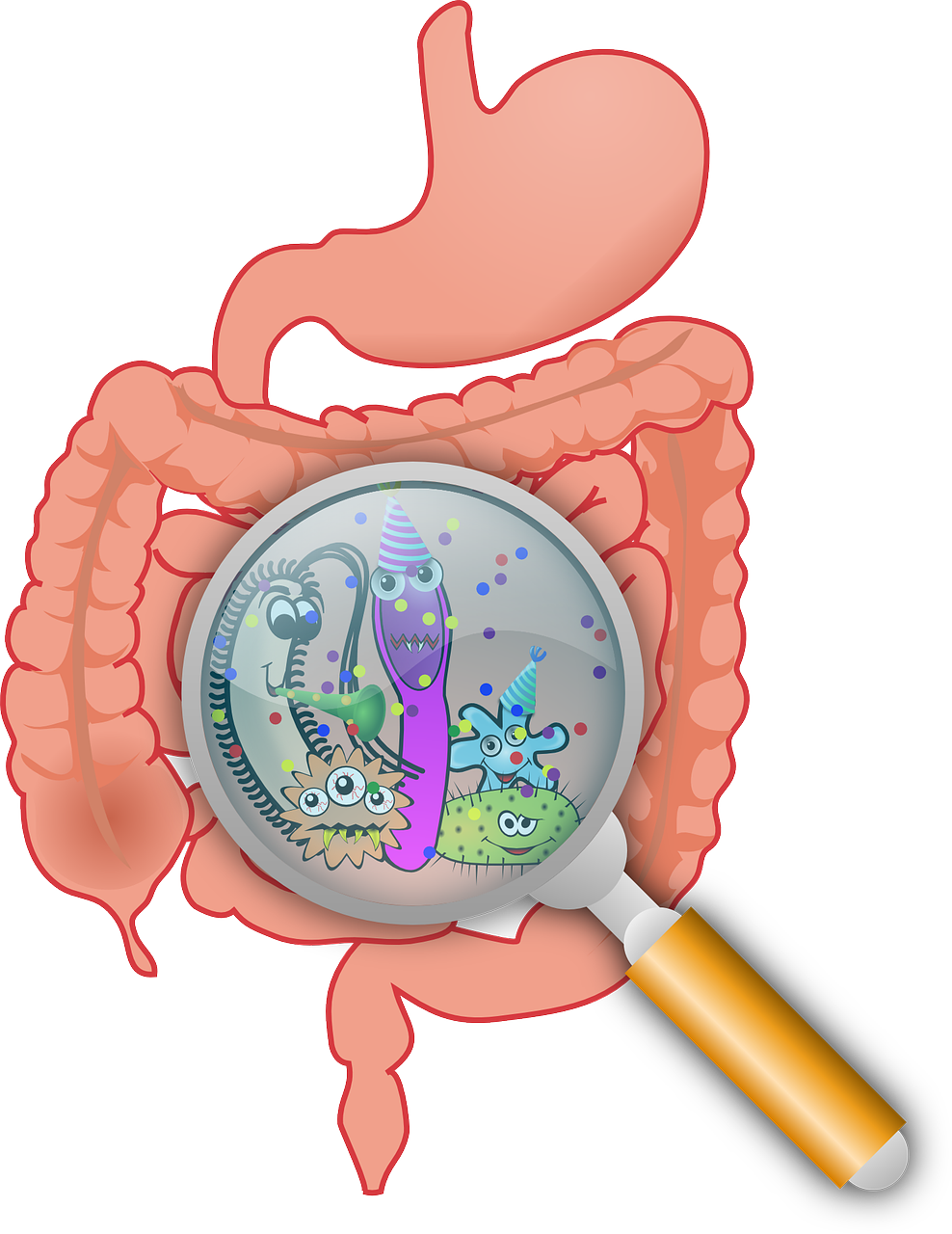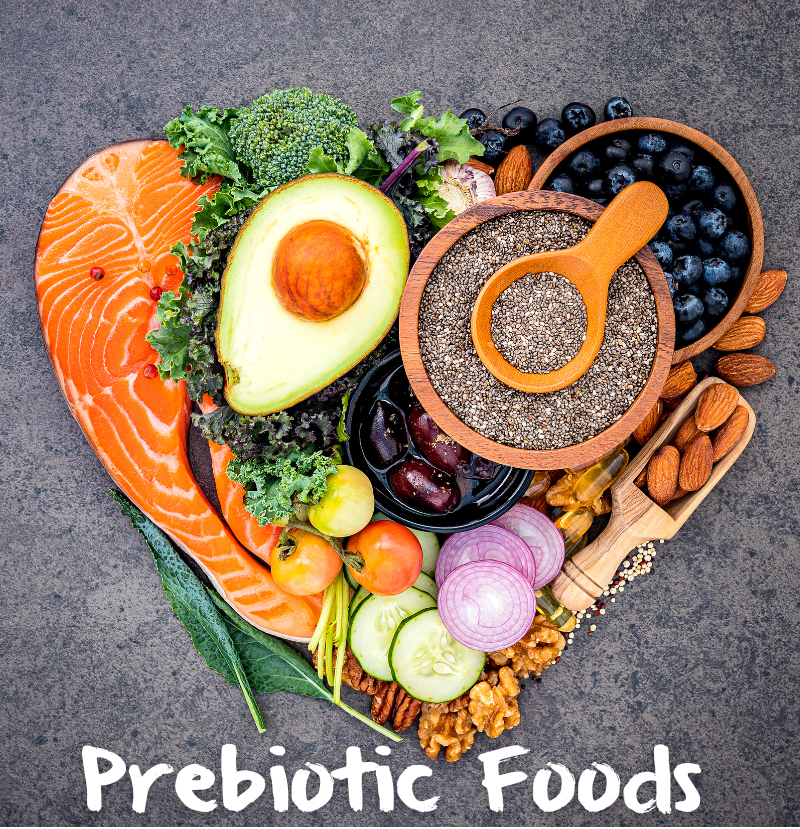Prebiotics, a form of indigestible fiber, are present in various processed foods, including fruits, vegetables, and whole grains. They are important for gut health because they serve as food for the enhance bacteria that live in our bowels. This helps promote a balance of good and bad bacteria in the gut, essential for maintaining good health.
They are important for several reasons
- Increase the number of enhance bacteria in the gut. This helps to crowd out dangerous bacteria and enhance gut health.
- Produce short-chain adipose acids (SCFAs) SCFAs are enhanced nutrients that are absorbed into the bloodstream and give various health benefits.
- Enhances digestion, Prebiotics help to regulate bowel movements and help constipation.
- Strengthens the immune system’s resilience by promoting a robust gut microbiome, crucial for overall health.
- Facilitate weight loss: Prebiotics can contribute to weight management by addressing malnutrition and decreasing fat absorption.

Health benefits
- Better digestive health: Can help to relieve constipation, diarrhea, and other digestive problems.
- Reduced threat of bowel complaint: Can help to reduce the threat of bowel conditions like Crohn’s complaint and ulcerative colitis.
- Advanced heart health: Can help to lower cholesterol and blood pressure.
- May help regulate appetite by influencing the production of satiety hormones, promoting a feeling of fullness, and reducing overeating.
How much Prebiotics Should You Consume?
There’s no one-size-fits-all answer to this question, as the type of prebiotics you need depends on your requirements and life. still, most experts recommend consuming at least 25- 35 grams of prebiotics daily.
Foods
- Fruits – bananas, apples, berries, and citrus fruits.
- Vegetables – Garlic, onions, asparagus, and artichokes.
- Whole grains – Oats, brown rice, and quinoa.
- Seed – chia seeds and flaxseed/linseed
- You can also increase your input of prebiotics by taking supplements.
Supplements are available in a variety of forms, including powders, capsules, and liquids.
Tips for adding Prebiotics to your diet.
- Add prebiotic rich foods to your diet gradually to avoid digestive complaints
- Start with small quantities and increase gradationally as direct from your health practitioner.
- Steam prebiotic rich vegetables to save their nutrients or alternatively eat them raw.
- Eat a variety of prebiotic rich foods to get the most benefits.
- Consider taking a supplement.
By consuming prebiotics, you can take a step towards achieving optimal health and well-being, including better digestion, and a stronger vulnerable system
Talk to your Naturopath or Health Care Professional if you have any questions.



